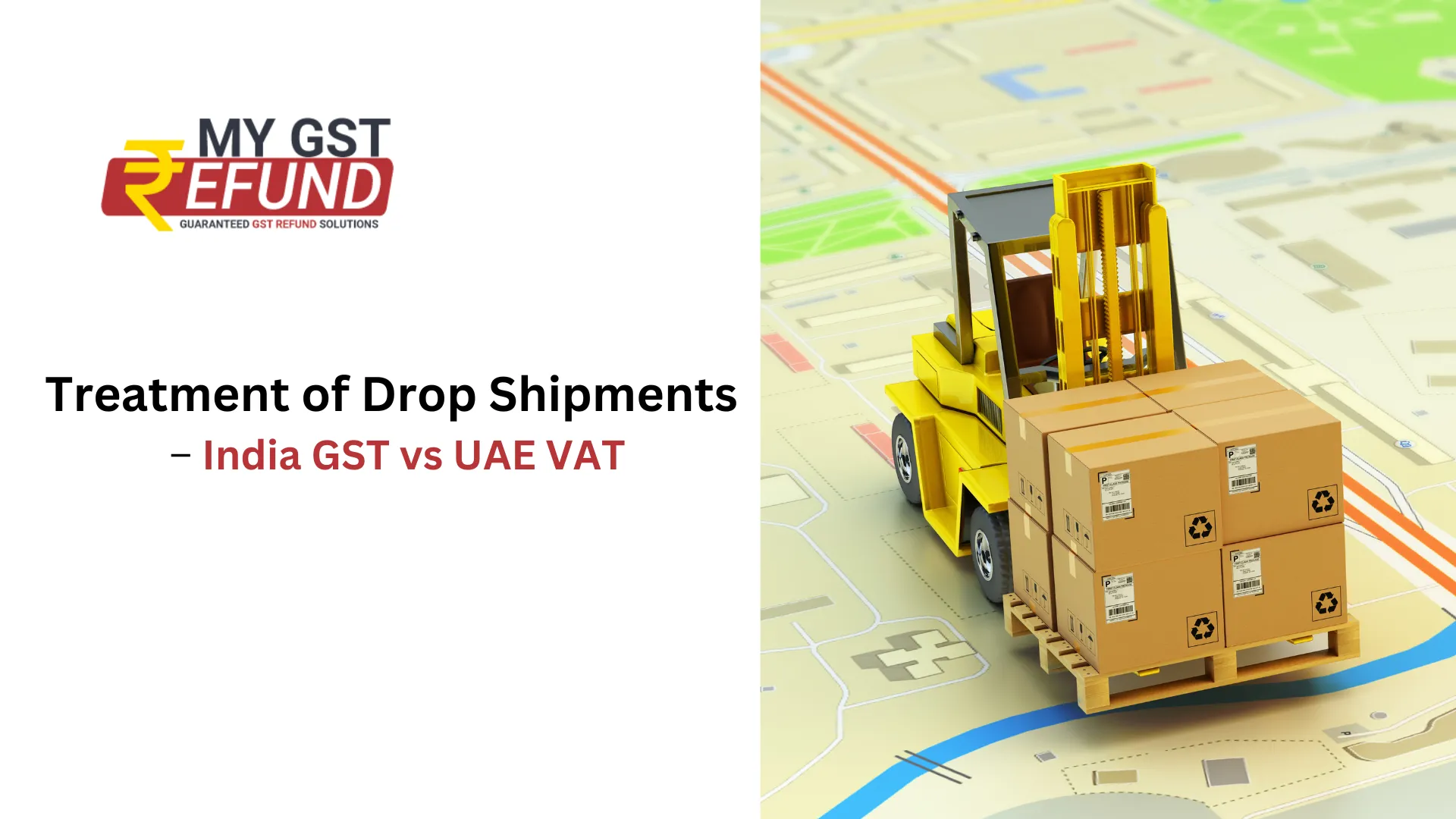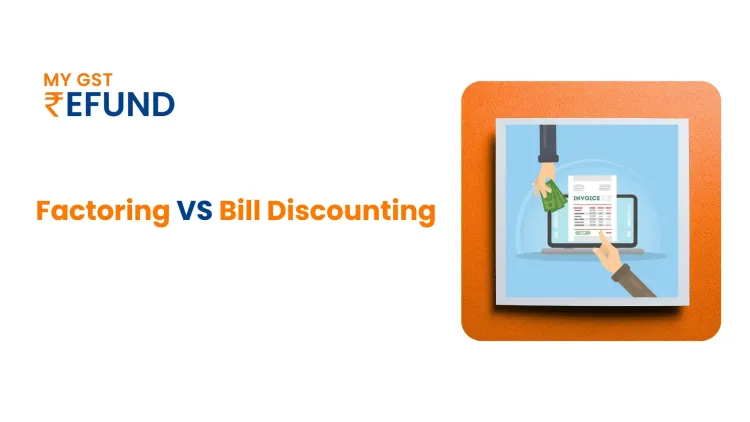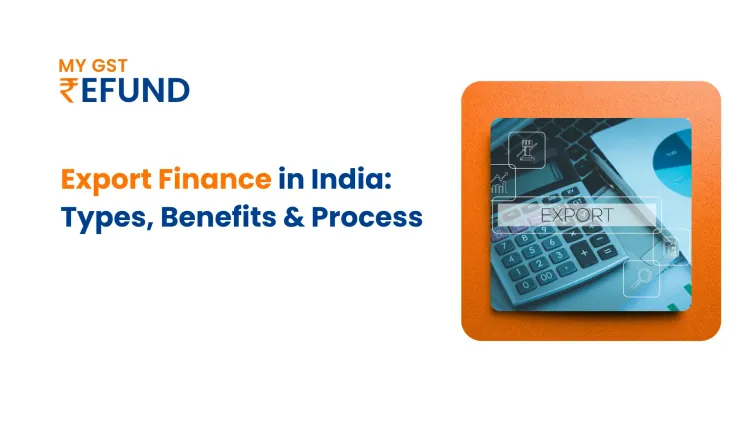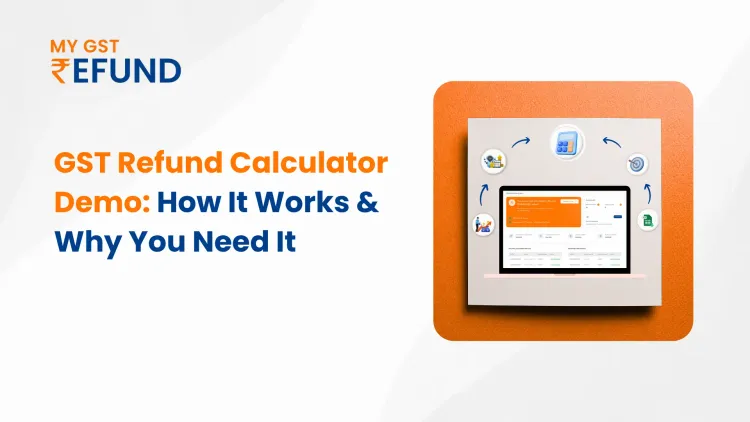Treatment of Drop Shipments , India GST vs UAE VAT
Published on: Fri Apr 20 2018
Introduction
Setting up business in the UAE (United Arab Emirates) is easier than anywhere else in the Middle East and North Africa (MENA). According to the World Bank’s Ease of Doing Business 2016 report, the nation Ranks 31. With numerous free zones, excellent infrastructure, no taxes, low import duties, and a strategic location, the UAE scores far ahead of neighbors such as Bahrain (65), Qatar (68), and Saudi Arabia (82). However, with the introduction of VAT in the Gulf region, i.e. UAE and KSA (Kingdom of Saudi Arabia) with effect from 01 January 2018, the tax heaven nomenclature that was attached to the Gulf region has gone away.
On the other hand, India being Asia’s fastest-growing economic region as well as the largest continental economy by both GDP Nominal and PPP in the world has recently introduced Goods and Service Tax i.e. GST subsuming the major local and central Indirect Taxes, in the region to align with the International Tax Practice of the consumption-based tax system.
So in this article, we have tried to compare India and UAE in terms of Indirect Tax Outflow in respect of well-known international trade transactions i.e. Drop Shipments transactions wherein the person registered in the country books the sale and purchase transaction without obtaining the delivery of the goods into the country and giving the same directly from the buyer to customer.
Before analyzing the Tax Impact in both regions, it is vital to understand the meaning of the Drop shipments.
Meaning of Drop Shipment
The industry terminology which is being used in the trade is High Sea Sales” / Drop Shipments which are not defined in the statute.
Drop shipment is a supply chain management. In this type of transaction, the person, who generated and processed the sale, does not keep goods in stock but instead transfers the customer’s orders and shipment details to either the manufacturer or another retailer or wholesaler, who then ships the goods directly to the customer.

We will discuss in this article the transaction wherein the goods are not intended to be taken into the country by either person.
Indirect Tax Implications on Drop Shipments when Done from India
For a better understanding of the transaction, we have taken the below illustration to present the Indirect Tax Impact of Drop Shipments when done from India.
Illustration: Suppose the transaction is between India (X), China (Z), and Jordon (Y). The company (X) got an order from Jordon (Y) to ship the goods/ raw materials. For the said shipments, Company (X) order the said goods from China (Z) and direct them to ship the said goods directly to (Y), and issue an invoice to them.
Now, it is important to analyze whether GST is applicable in respect of the sale transaction i.e. between Company (X) (India) and Company (Y) (Jordon) for the direct supply of the goods from (Z) (China) without actually taking the physical possession of the goods into the territory of India?
It is imperative to understand that for any supply under the ambit of levy of the GST, the same has to be either of the following:
- Intra-state Supplies;
- Inter-state Supplies;
For transactions to qualify under the ambit of inter-state supplies, there are various conditions that have been mentioned in section 7 of the IGST Act. Under the said section relevant clauses which are applicable in respect of the present scenario have been given below for your reference.
“Supply of goods imported into the territory of India, till they cross the custom frontier of India, shall be treated to be the supply of goods in the course of Inter-state trade or commerce.”
Said section provides that the supply of goods shall be treated as an inter-state supply when the supplier is located in India and the place of supply is outside India.
GST Implications on Transaction between Company X (Indian Company) and Company Y(Jordon Entity)
It is essential to discuss the second limb ( discussed above) of the inter-state definition which provides that supply shall be treated as Inter-state when the location of the supplier is located in India and the place of supply is outside India.
In the present case, the supply of the goods from China to Jordon, the supplier is in India. So the first condition is being met. With regard to the second condition with regard to the place of supply to be outside India, we have to analyze the place of supply provisions that provide the place of supply in case of goods imported or exported into/from India. For the applicability of Section 11 of the Integrated Goods and Service Tax Act, 2017, the primary condition is that goods should have been exported outside India which implies that the physical movement of goods to a place outside India is important to construe transactions as export and hence the said outward supply, in the abovementioned transaction, is not an export.
In such a scenario, we have to read section 10 of the IGST Act which provides the place of supply in case section 11 is not applicable. Section 10(1)(a) of the IGST Act provides that wherein the supply involves the movement of goods, whether, by the supplier or recipient or any other person, the place of supply of such goods shall be the location of goods at the time at which the movement of goods terminates for delivery to the recipient.
In the present case, the supply involves the movement of the goods by the third person located in China and the delivery is happening outside India so the place of supply shall be Jordon in respect of the instant transaction.
Accordingly, since the location of the supplier is in India and the place of supply is outside India, hence the said transaction is covered under the ambit of Inter-state supplies and X shall be liable to charge IGST on the Invoice raised to the Jordon entity.
GST Implications on Transaction between Company X (Indian Company) and Company Z (China Entity)
In respect of the above transaction, since the said case falls under the residual entry of Section 7(5)(c) of the IGST Act, 2017 which defines transactions covered under the ambit of inter-state sales. Under the said clause, it has been specified that the supply of goods or services or both in the taxable territory, not being an intra-state supply and not covered elsewhere in this section the same shall be treated as a supply of goods in the course of inter-state trade or commerce.
Then, it is essential to understand the place of supply in the instant transaction. For the applicability of such section 11 of the IGST Act, the primary condition is that goods should have been imported into India which does not happen in such cases. In such scenario, we have to read section 10(1)(b) of the IGST Act which provides that wherein the goods shall be delivered by the supplier to the recipient or any other person on the direction of a third person, whether acting as agent or otherwise, before or during the movement of goods, either by way of by way of transfer of documents of title to the goods or otherwise, it shall be deemed that the said third person has received the goods and the place of supply of such goods shall be the principal place of business.
In the present transaction, the goods have been moved on the direction of Mr. X (Third Party) to Jordon by the China vendor, then the place of supply in respect of the transaction between the China Vendor and Mr. X shall be the principal place of business of Mr. X which is in India. Hence, the place of supply in the said case shall be the place of supply in India in respect of goods.
Now, it is imperative to understand that the levy section i.e. section 5(4) of the IGST Act which levies tax on the registered person in respect of any procurement from the unregistered vendor. In the instant case, the Chinese vendor being unregistered vendor and there is the inter-state supply of goods that is happening in India to Registered Vendor i.e. Mr. X in India.
However, please note that presently the exemption has been extended for the levy of the GST under reverse charge in respect of the purchases by registered vendors from un-registered vendors. Hence, there shall be no GST which shall be applicable till 30 June 2018 in respect of the purchase from unregistered person.
Conclusion
So we can conclude that drop shipments when done from the India region, the transaction is taxable under the GST regime from the sales perspective. However with regard to the purchasing perspective the same is exempted.
However, please note that the intention of the Indian government under the GST law was not to levy the tax in respect of the transaction wherein the place of supply shall be outside India or jurisdiction to tax the transaction which is never happing in India. In such a scenario, it is suggested that suitable amendment/ clarification should be brought in the GST law in order to allow the international trade transaction i.e. Drop Shipment transaction as indirect tax exempt.
Further, let’s understand the Indirect Tax Outflow for the same transaction when the same transaction is being dealt with from the Gulf region i.e. UAE to analyze which country should be chosen for such kind of transaction.
Indirect Tax Implications on Drop Shipments when Done from UAE
For a better understanding of the transaction, we have taken the below illustration along with Diagram to present the Indirect Tax Impact of Drop Shipments when done from Dubai.
UAE introduced Value Added Tax (VAT), a broad-based indirect tax levied on the consumption of goods, from 1 January 2018 at a standard rate of 5 percent.
The scope of VAT law is defined under Article 2 of Decree-Law No. 8, 2017 which states that tax shall be imposed on:
- Every Taxable Supply and Deemed Supply made by the Taxable Person;
- Import of Concerned Goods except as specified in the Executive Regulation of this Decree-Law;
A taxable supply is defined in the VAT law as the supply of Goods or Services for Consideration by a Person conducting Business in the State and does not include Exempt Supply.
In order to cover the transaction within the ambit of the Federal decree law no 8 on Value Added Tax ( VAT Law ), first of all, one has to check whether the business is being conducted inside the state which shall be determined basis the place of supply in case of supply of goods.
The place of supply of goods has been defined in the Article 27 of the Decree-Law No. 8 which provides the following conditions which are relevant in the present scenario
- Place of supply of goods shall be in the state if the supply was made in the state and does not include export from or import into the state;
- The place of supply of installed or assembled goods if exported from or imported into the state shall be:
- Place of supply of goods that includes export or import,
With regard to the first condition, in the present case, the goods do not reach the goods either the customs of UAE or inside the mainland area, the goods being directly shipped to Jordon from China. Accordingly, there is no movement of goods which is happening within the State. So the first condition of the place of supply inside the state does not qualify.
With regard to the second condition in respect of the place of supply of the goods, which provides the place of supply when qualified as Export or Import.
The term Export is defined as Goods departing the UAE and for which the goods should come first in the UAE however in the present case, the goods are directly sent from China. Further, Import is defined as Arrival of the goods into the state. In the present case, goods are not coming into the UAE.
Hence, the place of supply is not happening inside the state as the shipment is directly being done from China to Jordon and company X located in UAE is only the jurisdiction to book the purchase and sale transaction.
Conclusion
Basis the conjoint reading of various Articles (discussed above) the place of supply is not inside the State, therefore drop shipments transactions in relation to purchases from China and Sales to Jordon Customer shall be treated as out of scope from VAT law and accordingly no VAT shall be applied either on purchase from overseas and supply to UAE mainland customer.
Conclusion of the above two transactions
Coming to the conclusion on the taxability of the Drop Shipment in the case of India GST law and UAE VAT law.
The purchase of goods has the same tax treatment in both the country’s indirect tax laws i.e. Indian GST law and UAE Federal VAT Law, the purchase transaction is outside the scope of the law.
On the other hand, in the case of the sale of goods, the supply is taxable in India GST law however the same is treated as outside the scope of UAE VAT law.
Are you Looking for GST Refund Service? Mygstrefund.com offers GST refunds on business, exports, and many more if your GST application is rejected. Get in touch with us today.
Related Posts





